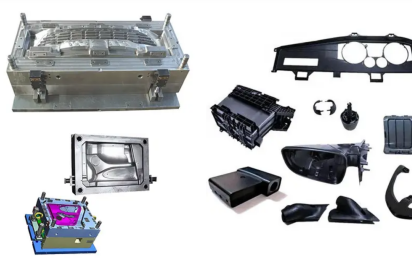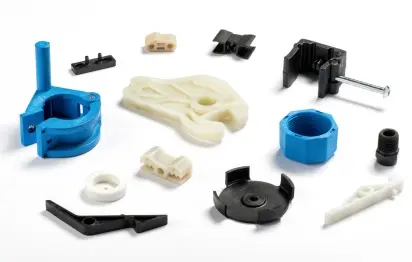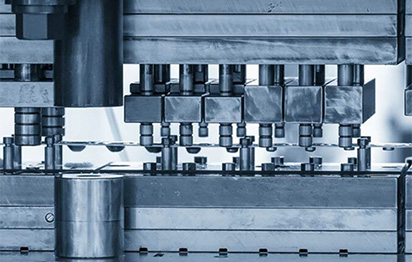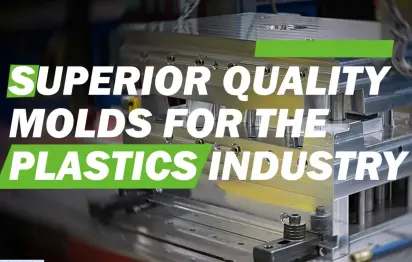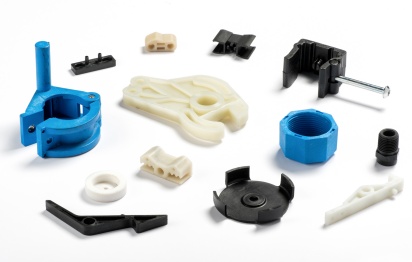How to Choose the Right Mold Material for Your Product
When it comes to selecting the right mold material for your product, there are multiple factors that need to be carefully considered. The choice of mold materials plays a crucial role in determining the performance and lifespan of the mold, while also ensuring that the product requirements and economic benefits are met. In this blog, we will delve into the key principles and considerations that should be taken into account when choosing mold materials, as well as the various factors that influence this decision.
1. Select Materials Based on Product Requirements:
Different product characteristics necessitate mold materials with specific properties. For instance, electro-optical molds with high precision requirements require pre-hardened steel or special heat-treated mold steel that offers stable dimensions, wear resistance, and minimal thermal expansion. On the other hand, large-sized, thin-walled products require mold materials with high strength and toughness, such as hot-working mold steel, to withstand thermal fatigue and ensure longevity. For products with stringent surface quality requirements, such as automotive interior parts, mold steel with superior polishing performance and corrosion resistance, like P20 and NAK80, should be chosen.
2. Select Materials Based on Production Conditions:
When designing and selecting materials for Injection Molds, it is essential to consider parameters such as equipment tonnage, injection speed, and temperature control. The mold material must be able to withstand the corresponding pressure and temperature, while also possessing sufficient strength to resist clamping force and high-speed injection. Additionally, thermal stability is crucial, and the use of mold steel or aluminum-magnesium alloy with good thermal conductivity can enhance cooling efficiency and dimensional stability.
3. Select Materials Based on Economic Benefits:
Balancing product performance and production requirements with cost and processing performance is crucial when choosing mold materials. High-performance but high-cost pre-hardened mold steel may be selected for precision products to ensure quality and efficiency. The selected mold material should have the necessary strength, hardness, and thermal stability to withstand injection pressure, heat, and friction, while also simplifying the manufacturing process and reducing maintenance costs.
4. Hardness Analysis:
The hardness of the mold material is a key indicator of its ability to resist local deformation and wear in the working environment, which directly affects the mold's service life, production efficiency, and product quality stability.
5. Thermal Conductivity:
Injection molds are subjected to high temperature and pressure during the injection molding process, making it essential for the mold material to have good thermal conductivity. This property enables the efficient conduction of molten plastic material, thereby improving injection speed and efficiency.
6. Mechanical Properties:
The mold material must possess high strength and hardness to withstand the high pressure and impact force experienced during the injection molding process to ensure that the mold remains undamaged and free from deformation.
7. Wear Resistance:
The service life of the mold directly affects production efficiency and cost. Therefore, the mold material should exhibit good wear resistance, enabling it to withstand the friction and wear caused by the plastic material and filler.
8. Corrosion Resistance:
Given the corrosiveness of plastic materials used in the injection molding process, the mold material should have good corrosion resistance to withstand long-term use without damage.
9. Processing Performance:
The mold material should offer good processing performance, including machinability, heat treatment, and repairability, to meet the requirements of different shapes and structures during the manufacturing process.
10. Commonly Used Injection Mold Materials:
The commonly used materials for injection molds are P20, 718, NAK80 and other tool steels and aluminum alloys. Tool steel offers excellent mechanical properties, thermal conductivity, and wear resistance, while aluminum alloy molds are suitable for small batch production and rapid prototyping due to their lightweight nature and good thermal conductivity.
By comprehensively considering the above factors, you can choose the right mold material for your product to ensure the best economic benefits and product quality. The careful selection of mold materials is critical for achieving optimal performance, longevity, and cost-effectiveness in the injection molding process.







